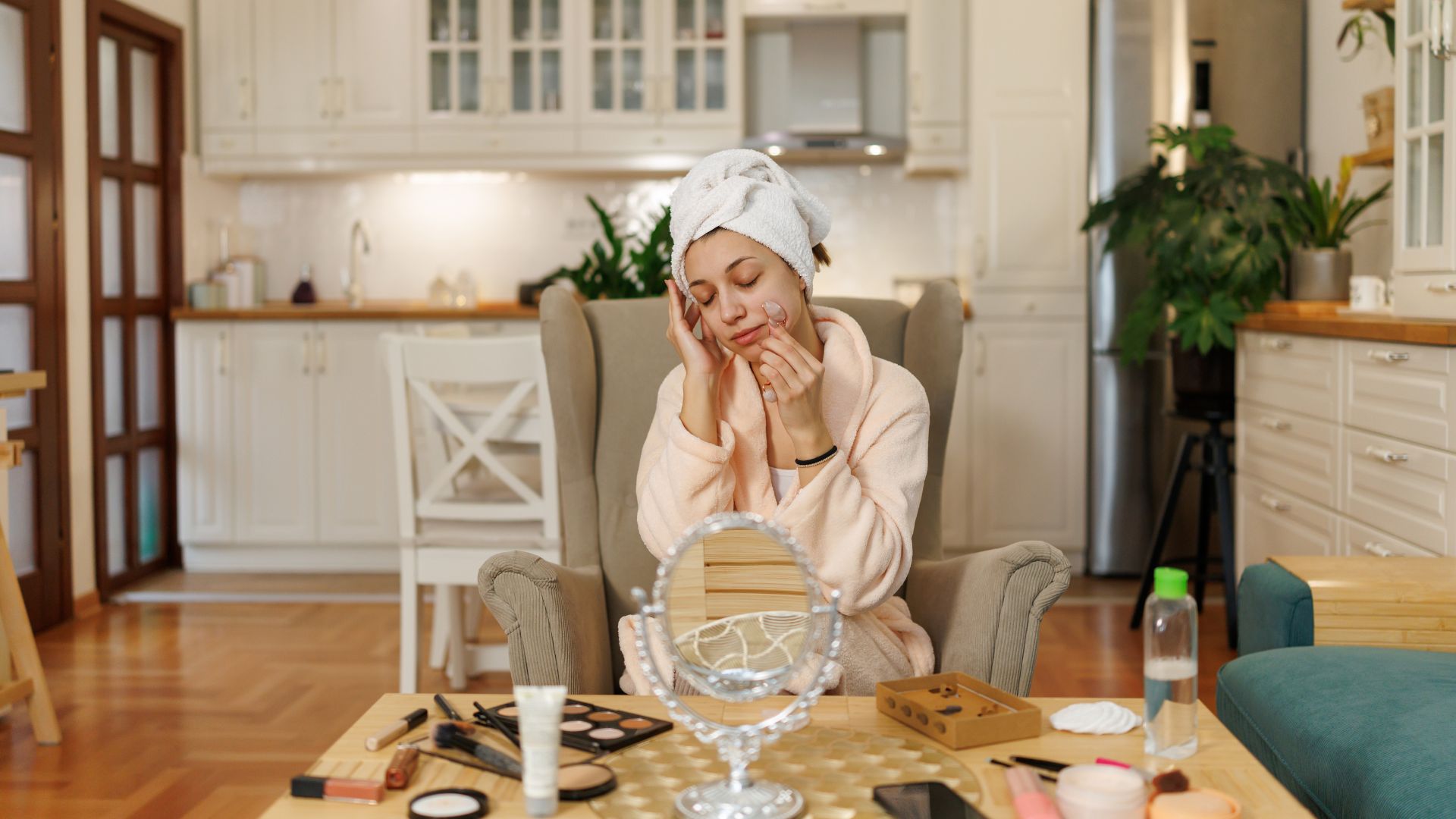Aromatherapy products contain essential oils with fragrances aimed at achieving certain purposes. Many aromatherapy products are used for cosmetic purposes, but some are intended to be used to improve a health condition, making them drug products.
FDA regulates aromatherapy products according to the intended use of a product. Knowing whether FDA considers your product a drug or a cosmetic is essential to preparing your product for the market.
Get assistance with FDA compliance.
Registrar Corp’s Regulatory Specialists can help you determine which FDA regulations your product may be subject to, review your product’s label for compliance, and more.
For more information, call us at +1-757-224-0177, email us at info@registrarcorp.com, or chat with a Regulatory Advisor 24-hours a day at www.registrarcorp.com/livechat.
Keep reading to learn about the key elements that separate an aromatherapy drug from an aromatherapy cosmetic.
Intended Use
The U.S. Food and Drug Administration (FDA) determines the intended use of an aromatherapy product from claims made on the product’s label, on websites, and in advertising. Additionally, FDA may consider how consumers perceive the product should be used based on the product’s reputation. FDA may also determine an intended use due to ingredients that are commonly used for a specific purpose by the industry and consumers.
Aromatherapy Drugs
If a company markets an aromatherapy product as one that is intended to diagnose, cure, mitigate, treat or prevent a disease, FDA regulates it as a drug. Common drug claims for aromatherapy products include treatment of pain, nausea, anxiety, and insomnia.
Even if a company markets the product as a cosmetic, FDA may still consider it a drug if any of the marketing materials suggest the product is a drug. Rather than considering the specific type of product independent of other factors, FDA reviews aromatherapy products on a case-by-case basis. For example, if a fragrance containing essential oils is intended for use as a perfume, it is considered a cosmetic. But, if the marketing claims the fragrance can treat insomnia, it is considered a drug.
FDA regulates drugs more stringently than cosmetics. Drugs must obtain FDA approval for safety and effectiveness and comply with drug listing and labeling requirements, among other regulations. If a company distributes a product as a cosmetic, but marketing for the product suggests it is a drug, the product may be deemed misbranded and subject to FDA enforcement actions. If the non-compliant product is being shipped to the United States, the shipment may be detained at the port of entry.
Aromatherapy Cosmetics
FDA defines cosmetics as products “intended to be applied to the human body for cleansing, beautifying, promoting attractiveness, or altering the appearance.” If an aromatherapy product such as a skin moisturizer, body wash, or body scrub, is not intended to affect the structure or any function of the body, it is a cosmetic.
Cosmetic aromatherapy products do not need FDA approval before being marketed. However, the products must be safe for consumers when used according to the directions. Because a cosmetic product does not need prior FDA approval, the company manufacturing the product is responsible for ensuring it is safe and FDA-compliant.
Cosmetic products must meet all applicable FDA regulations under the Modernization of Cosmetics Regulation Act (MoCRA), including labeling regulations.
Both or Neither
In some cases, FDA may consider an aromatherapy product to be both a cosmetic and a drug. For example, a cleansing shampoo is a cosmetic. However, if the shampoo claims to have anti-dandruff properties, it is a cosmetic and a drug. In this case, the product is subject to regulations for drugs and cosmetics.
There are also fragrance products that are neither a cosmetic nor a drug by FDA’s definition and are not subject to FDA regulation. These products, including scented candles, laundry detergents, and household cleaners, fall outside the scope of FDA regulation based on their intended use and are regulated by the Consumer Product Safety Commission (CPSC).
Get assistance with FDA compliance.
Registrar Corp’s Regulatory Specialists can help you determine which FDA regulations your product may be subject to, review your product’s label for compliance, and more.
For more information, call us at +1-757-224-0177, email us at info@registrarcorp.com, or chat with a Regulatory Advisor 24-hours a day at www.registrarcorp.com/livechat.








